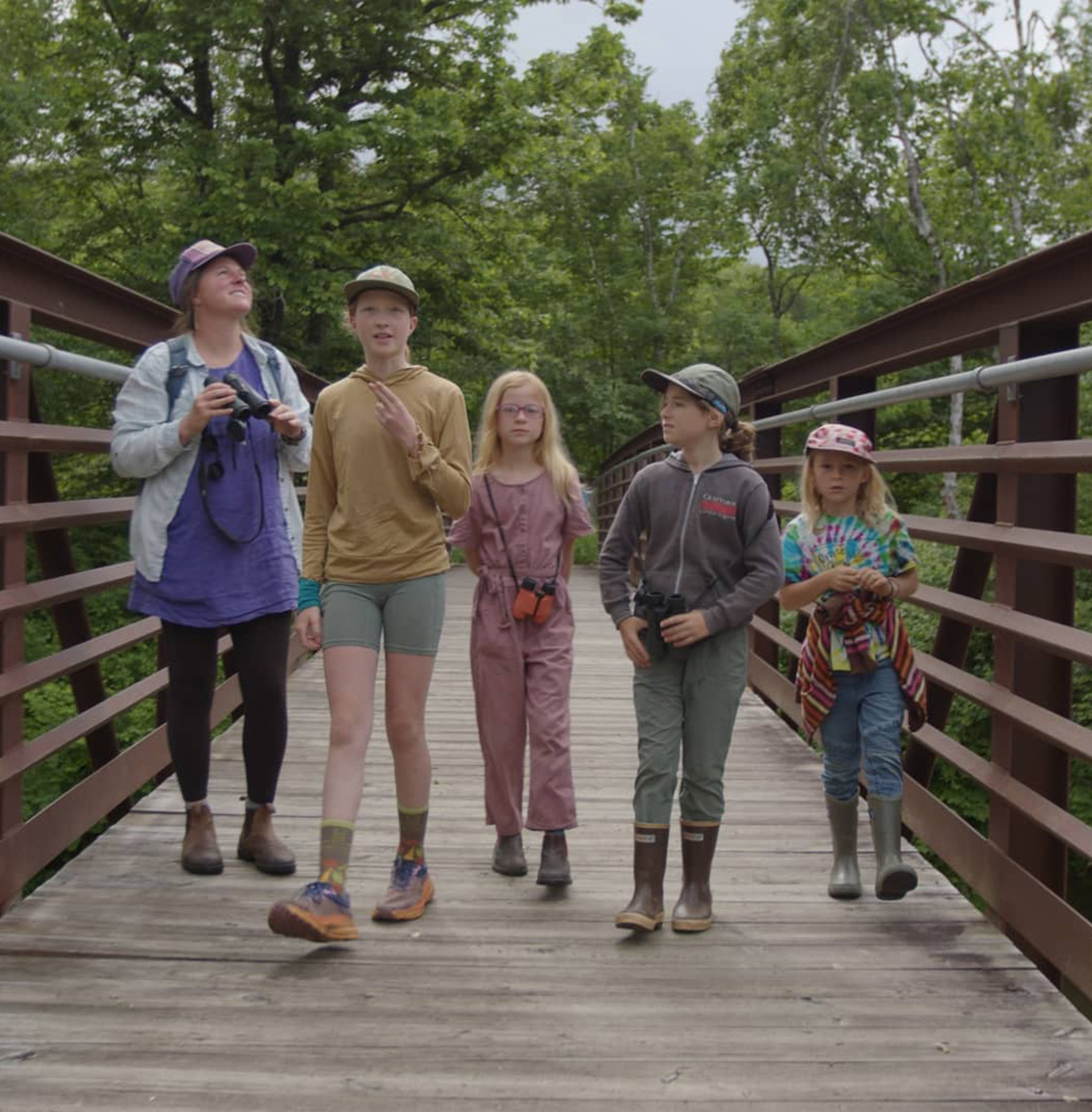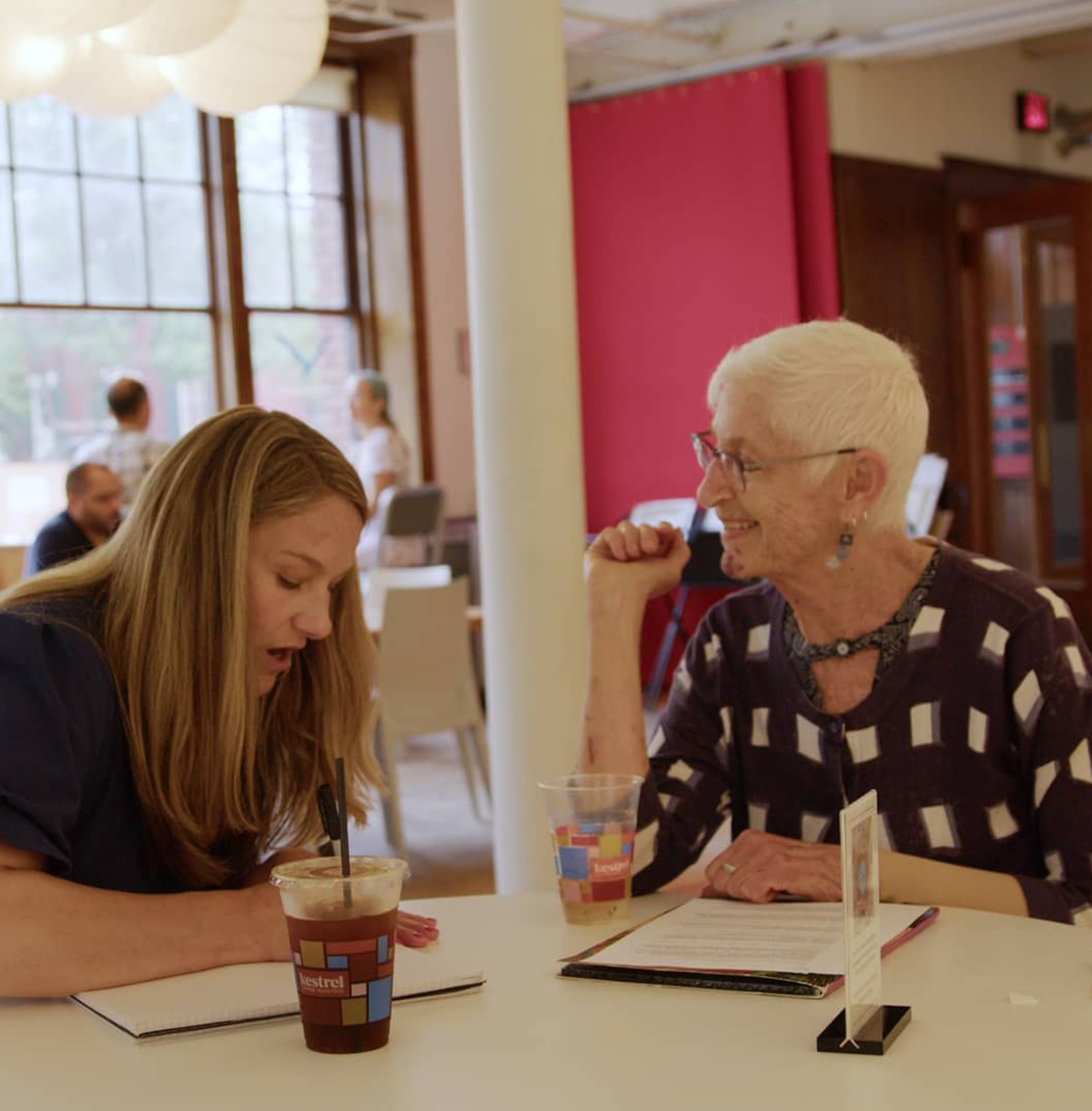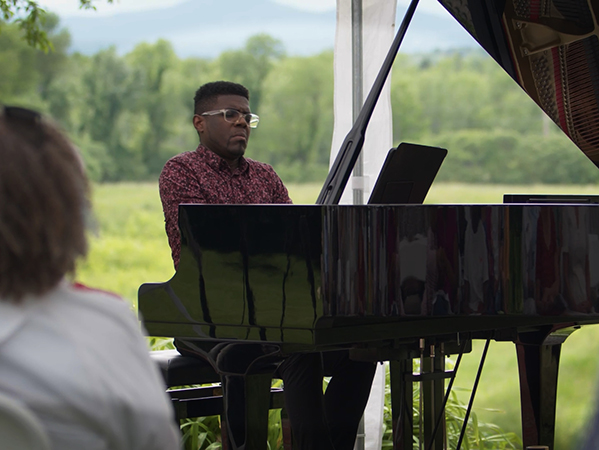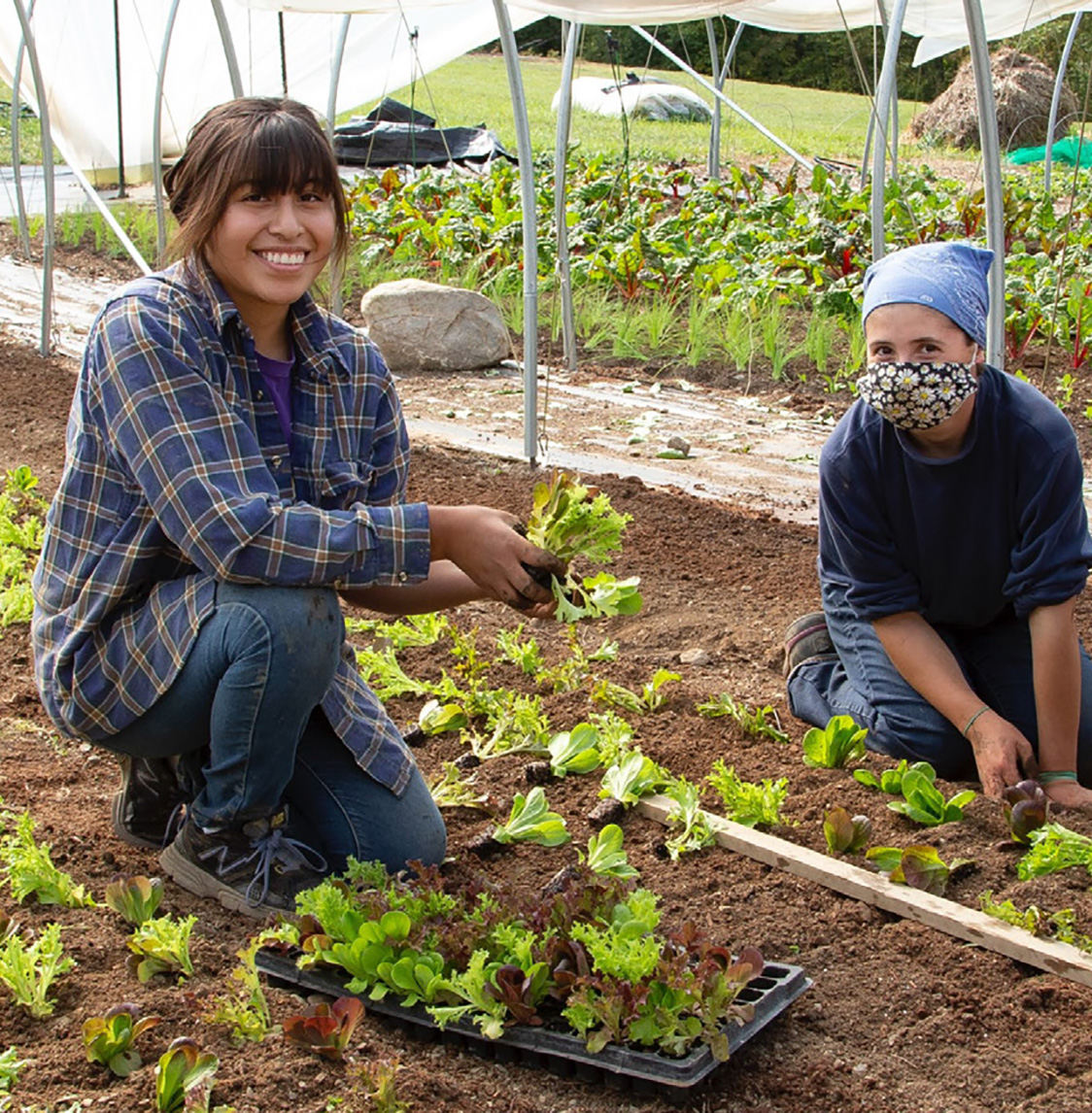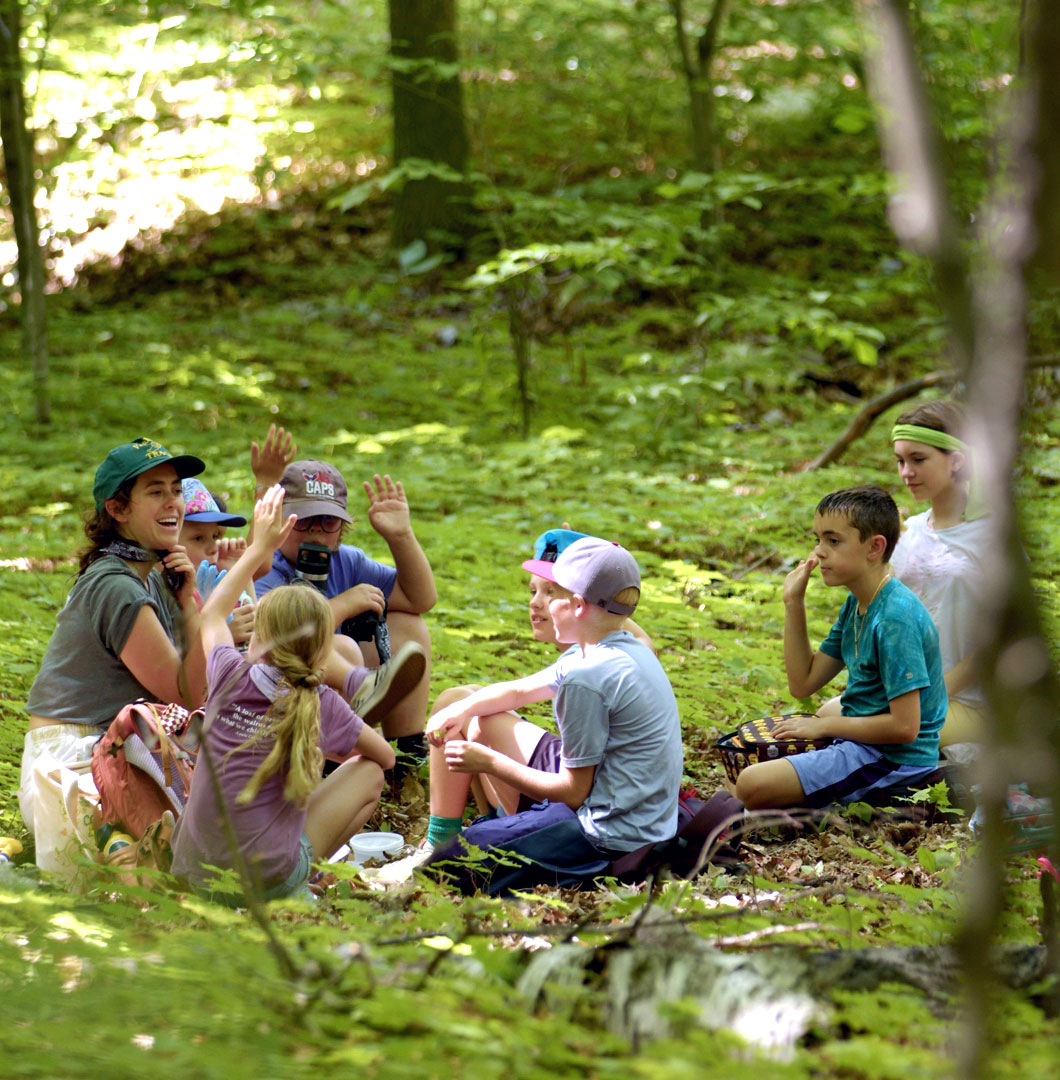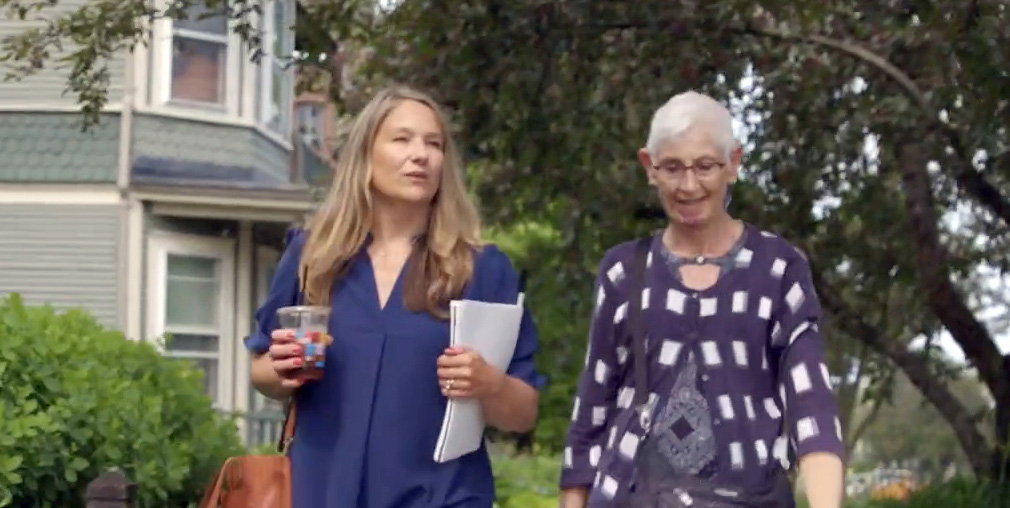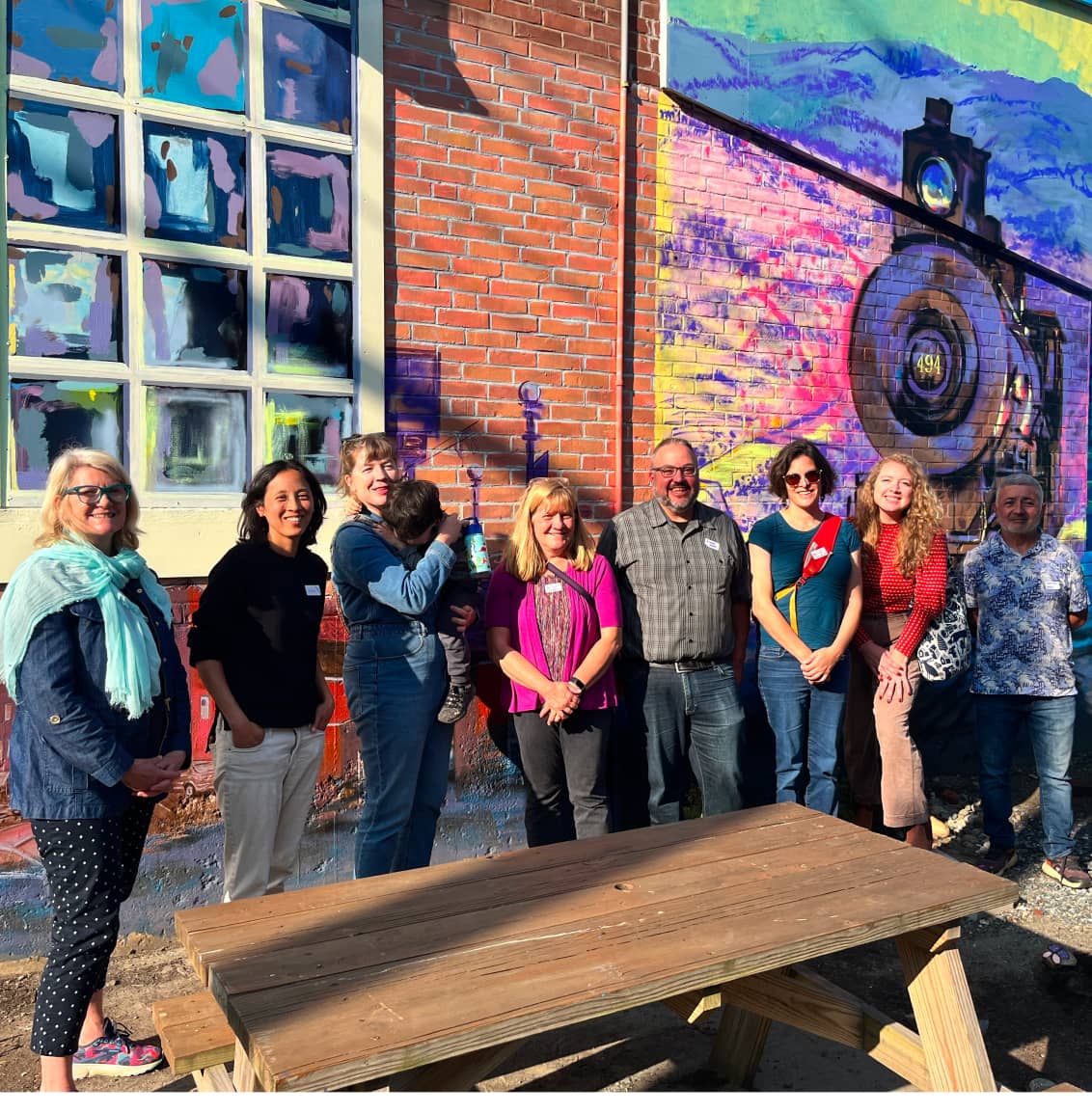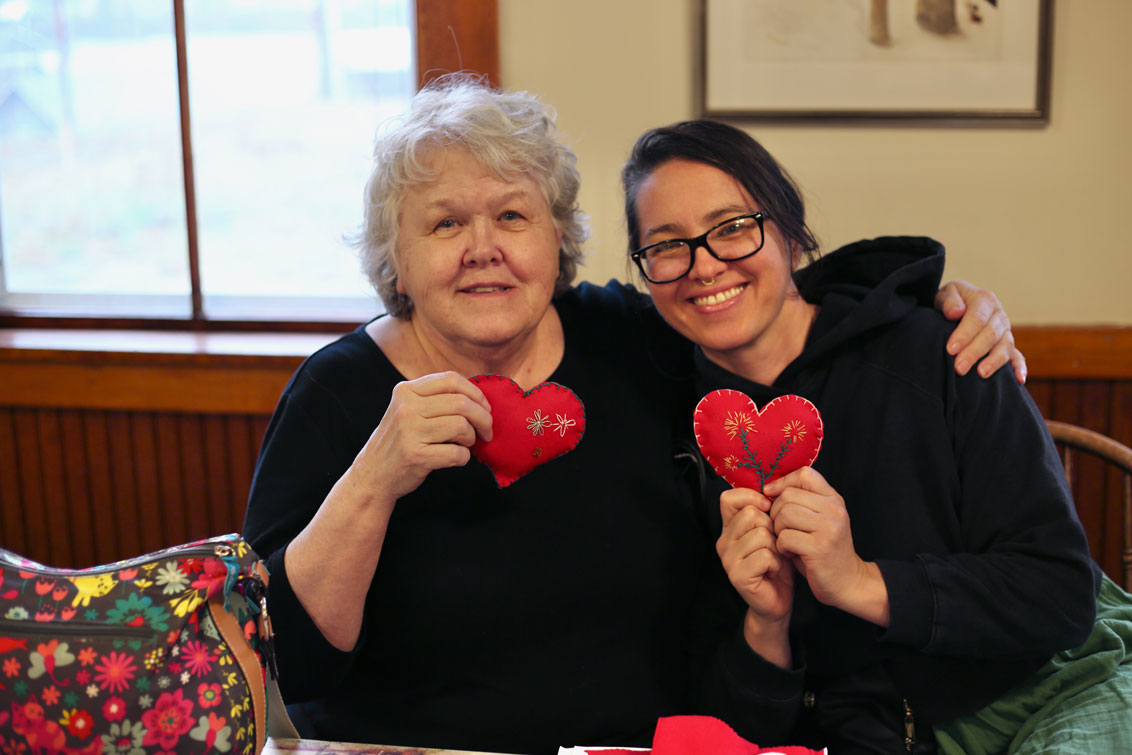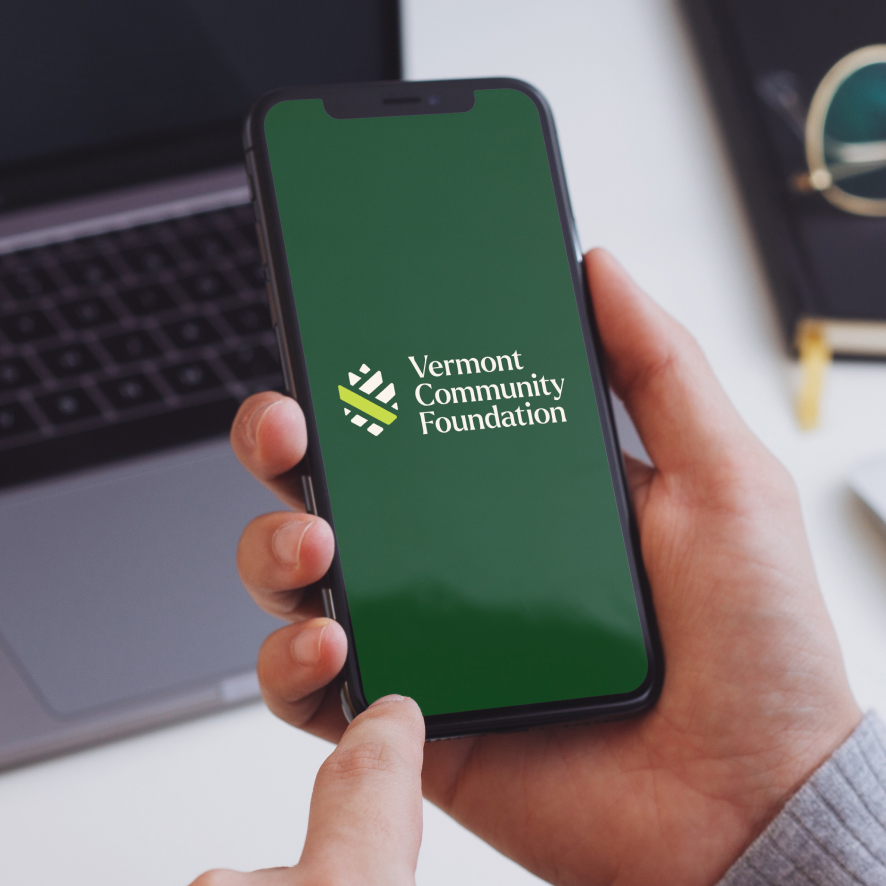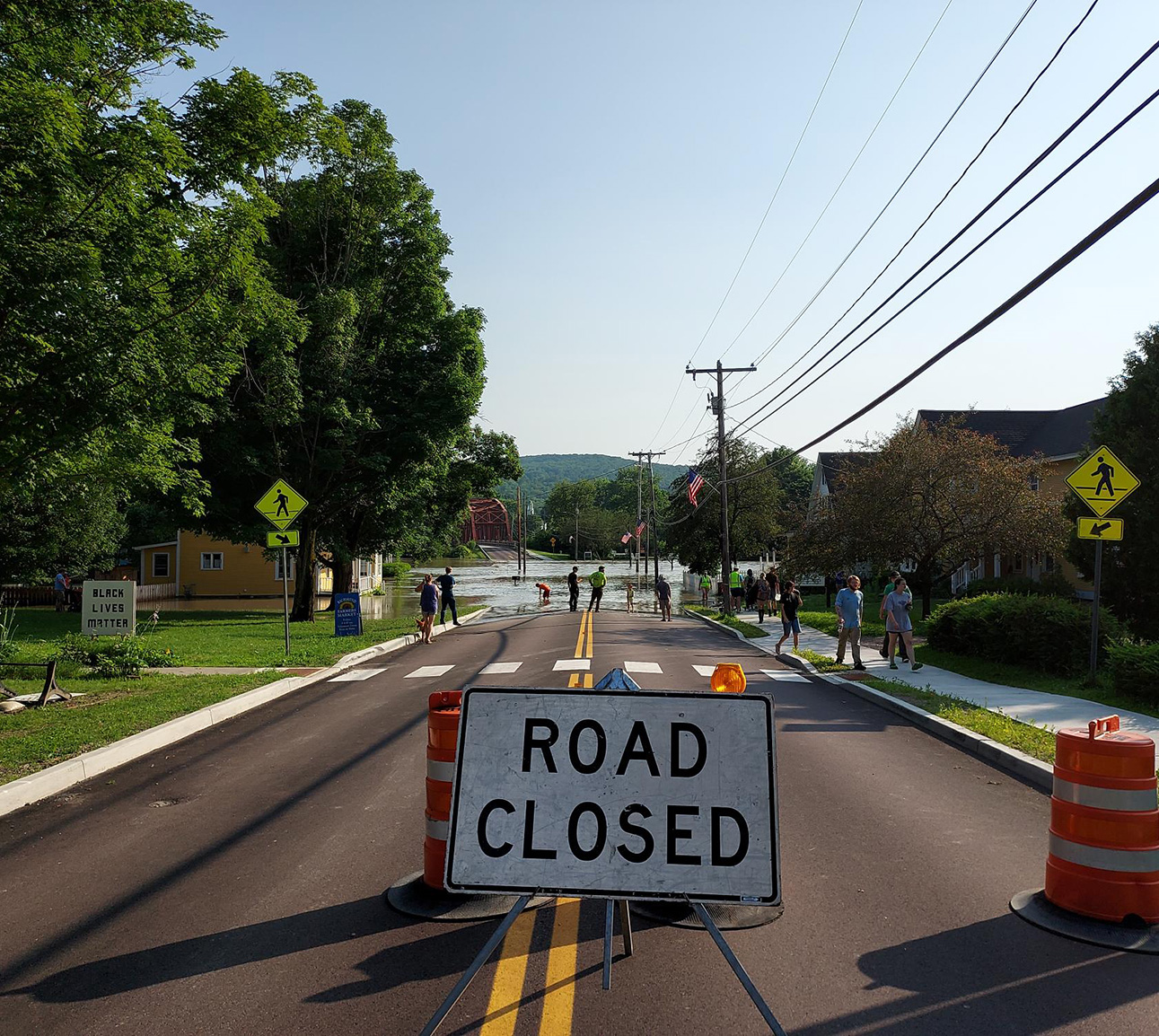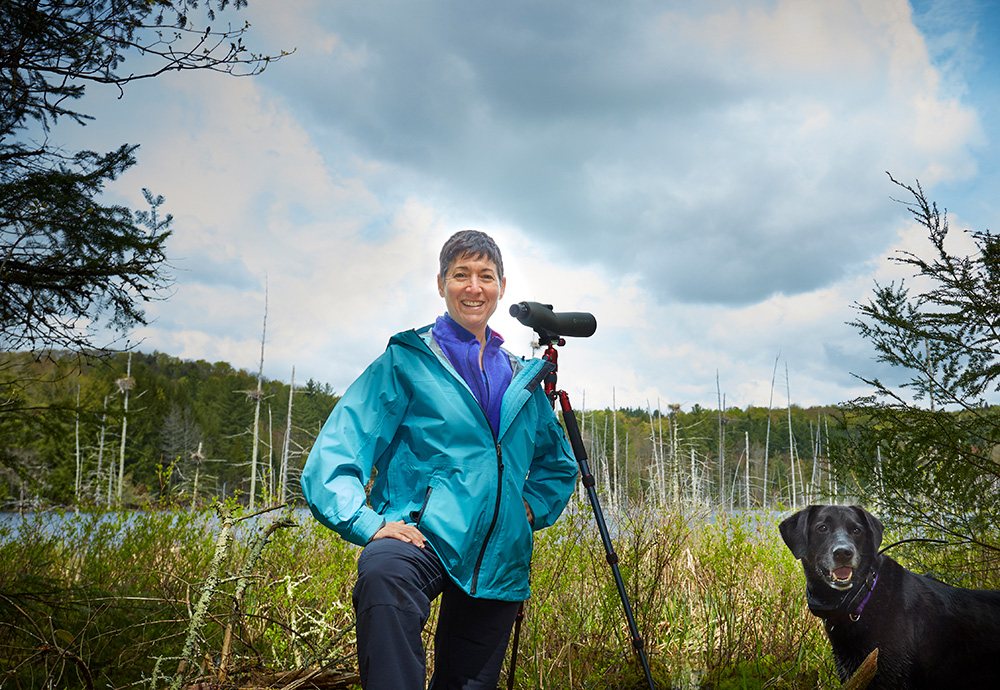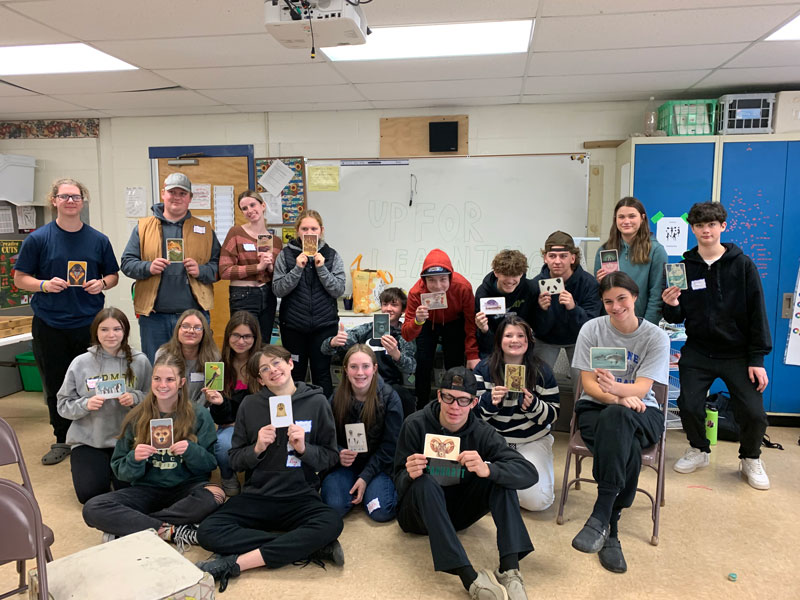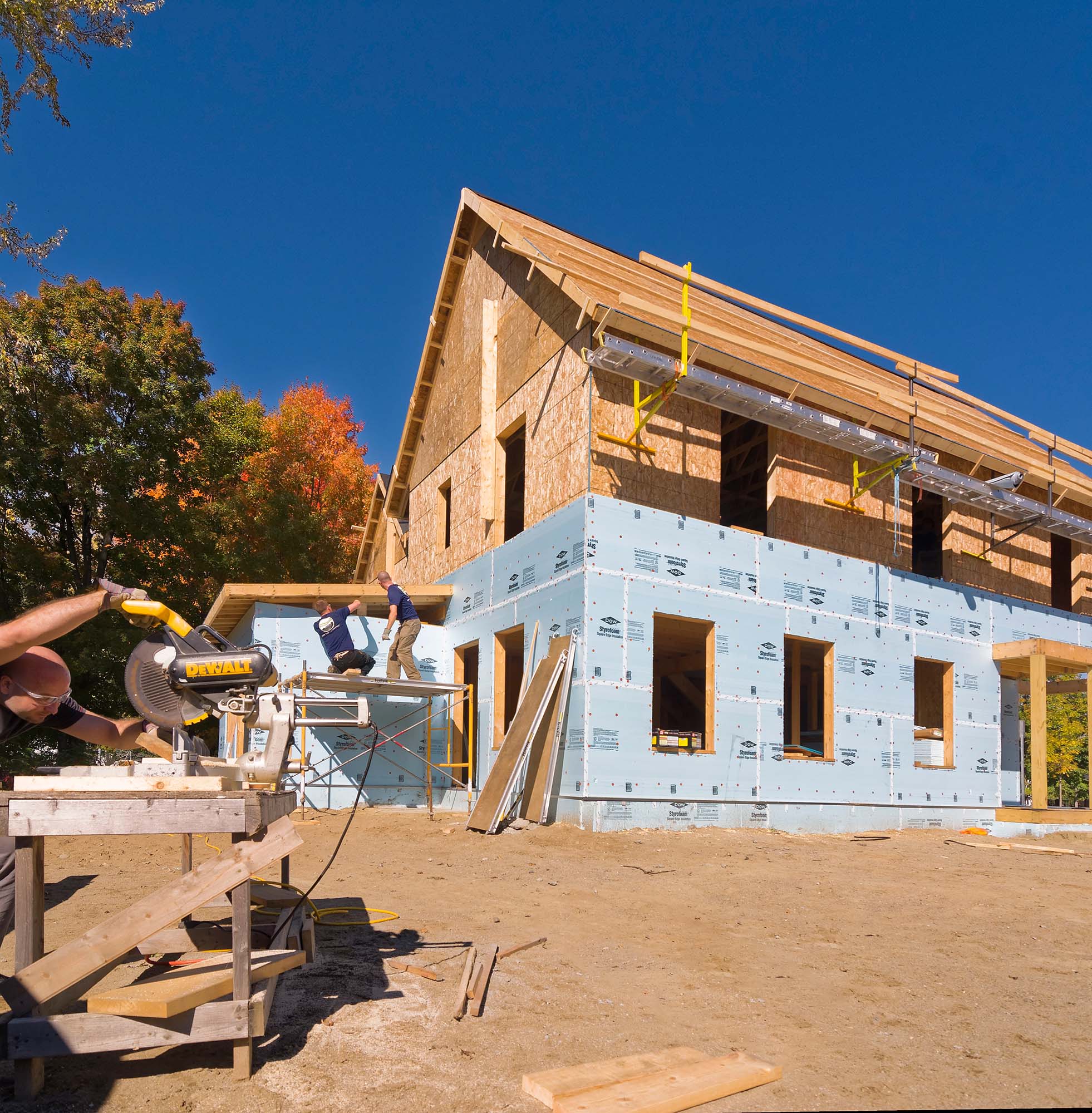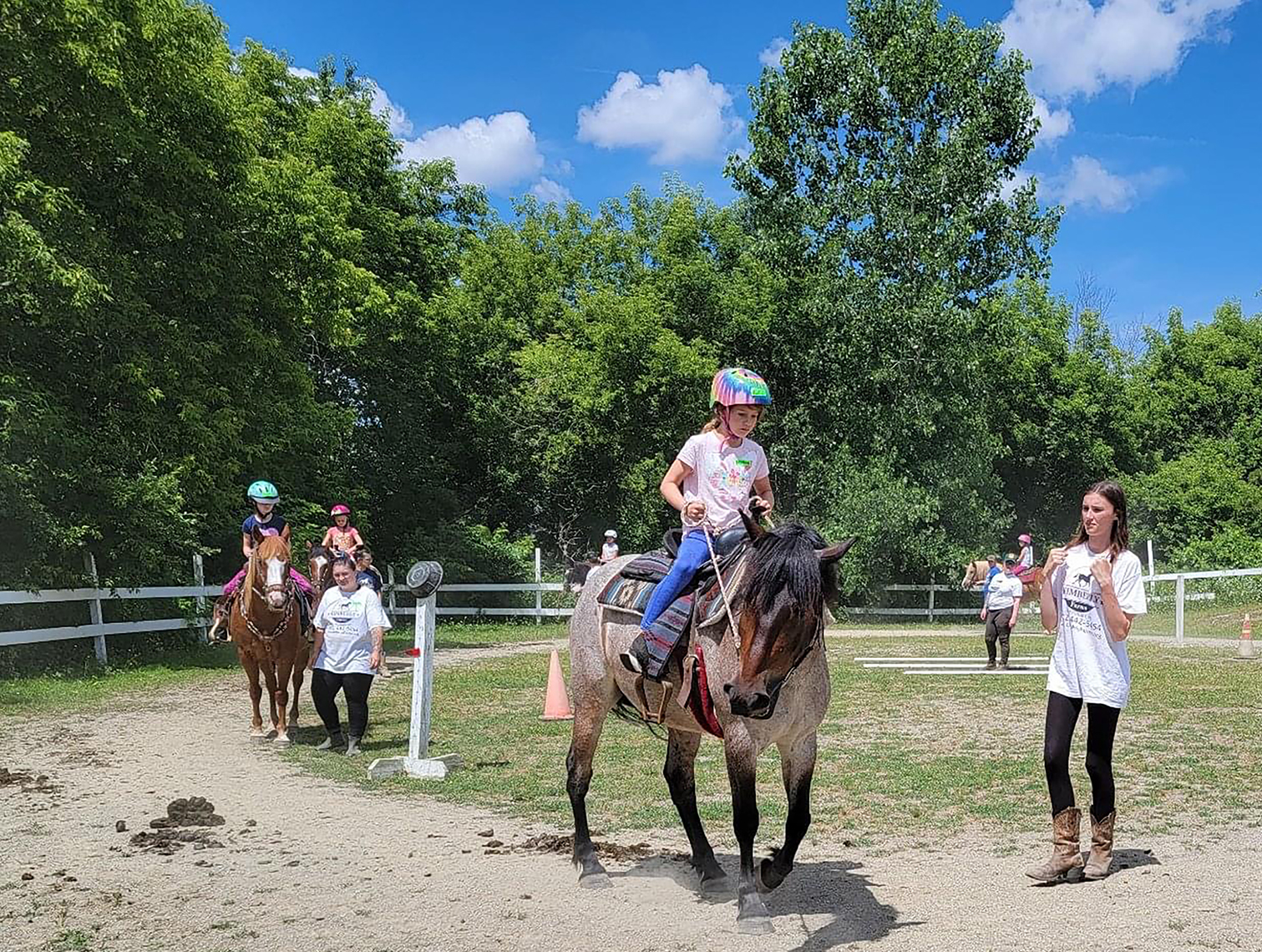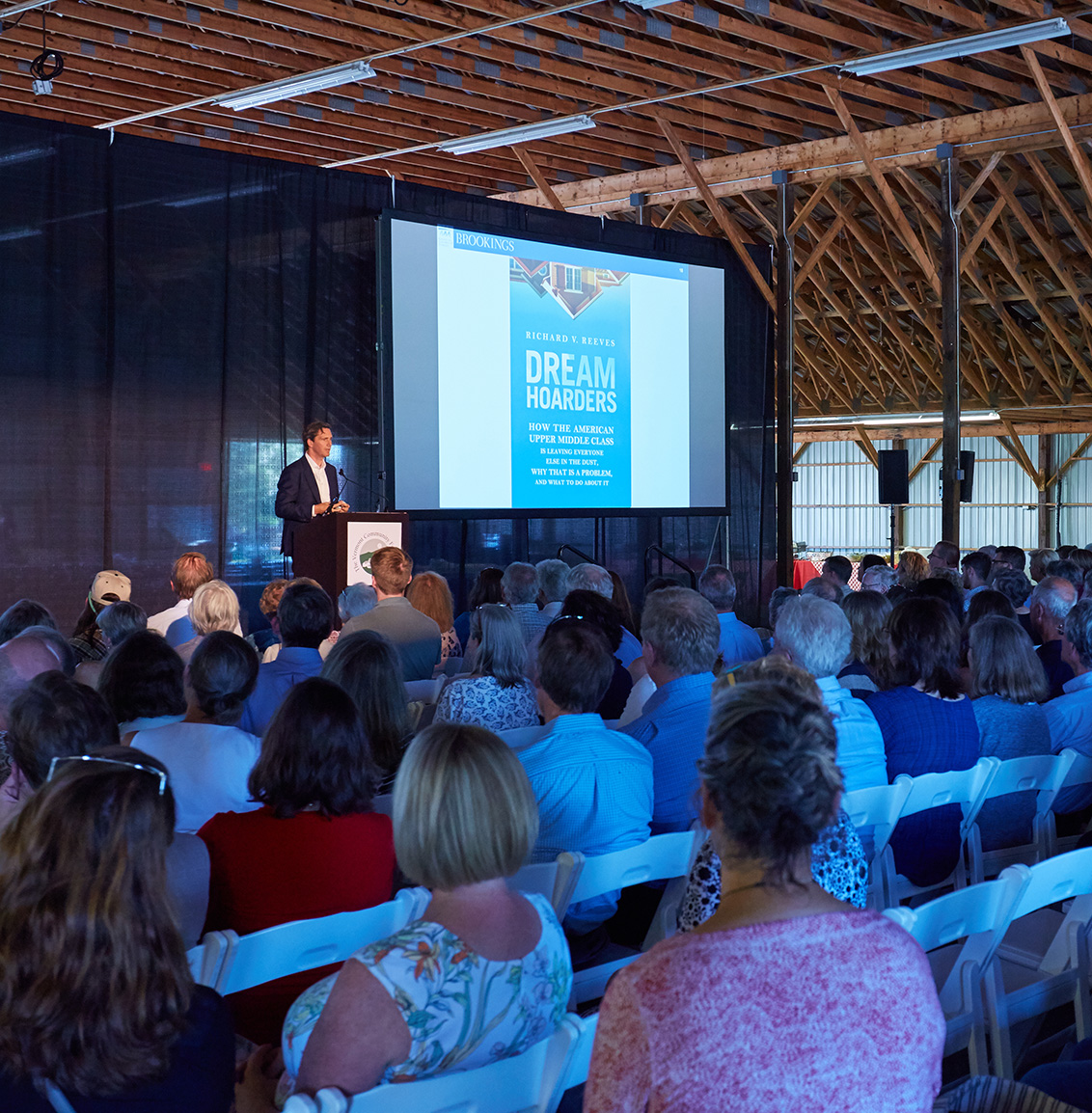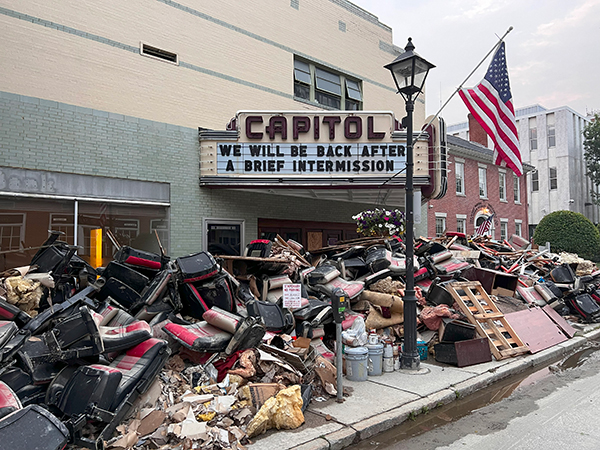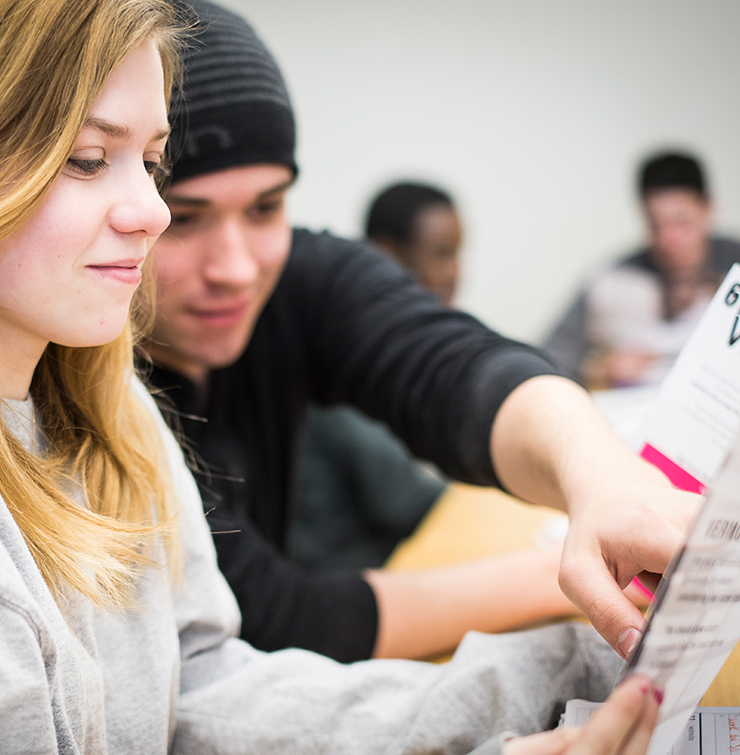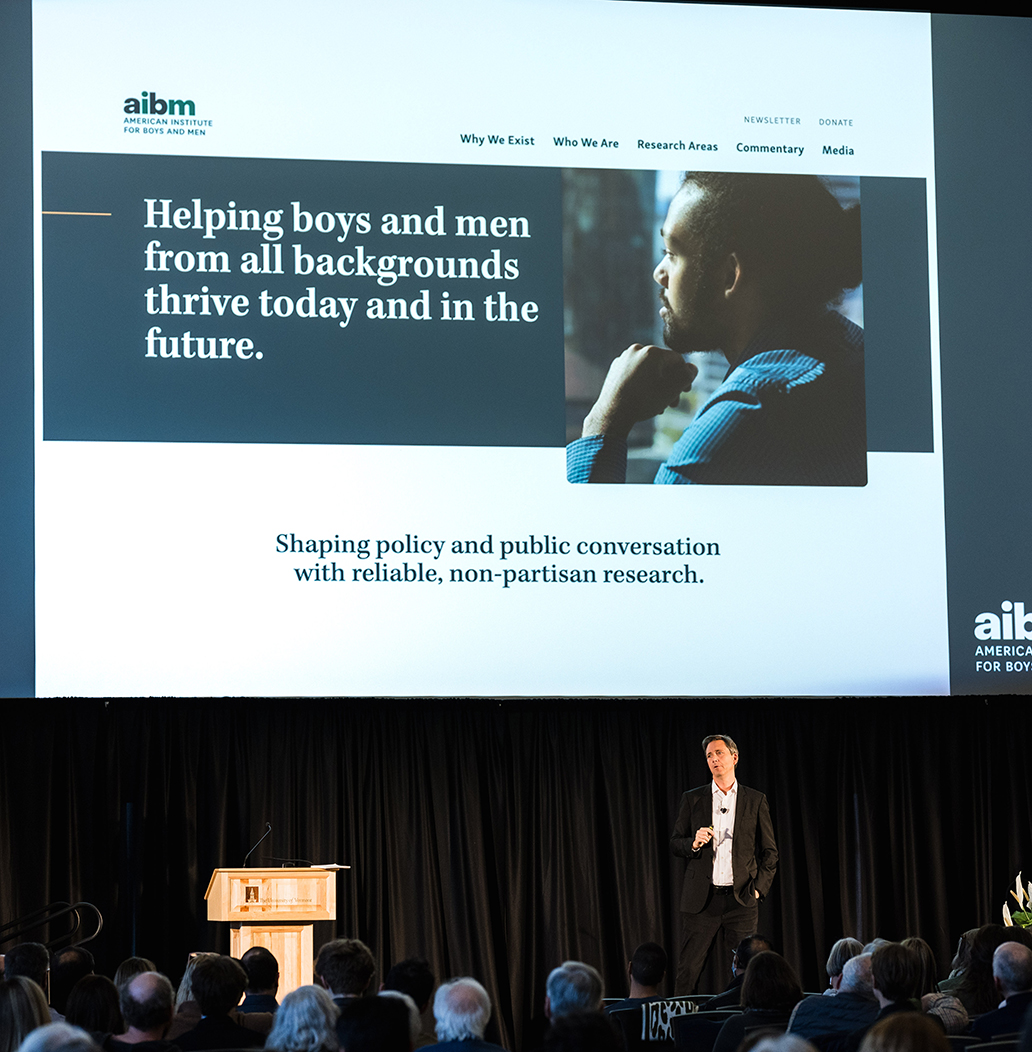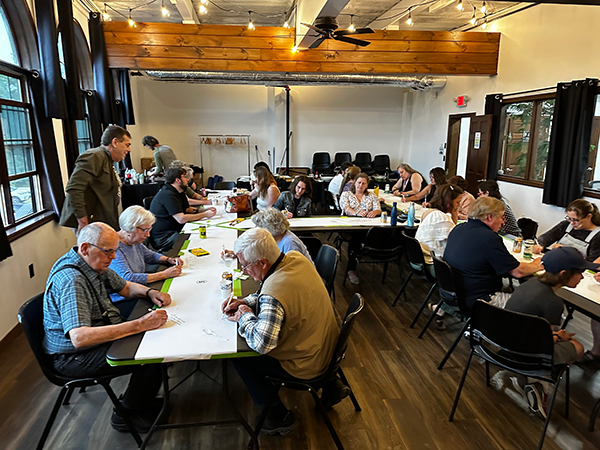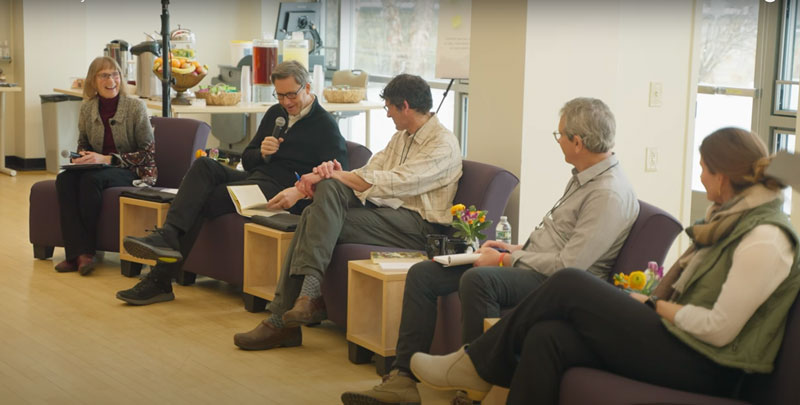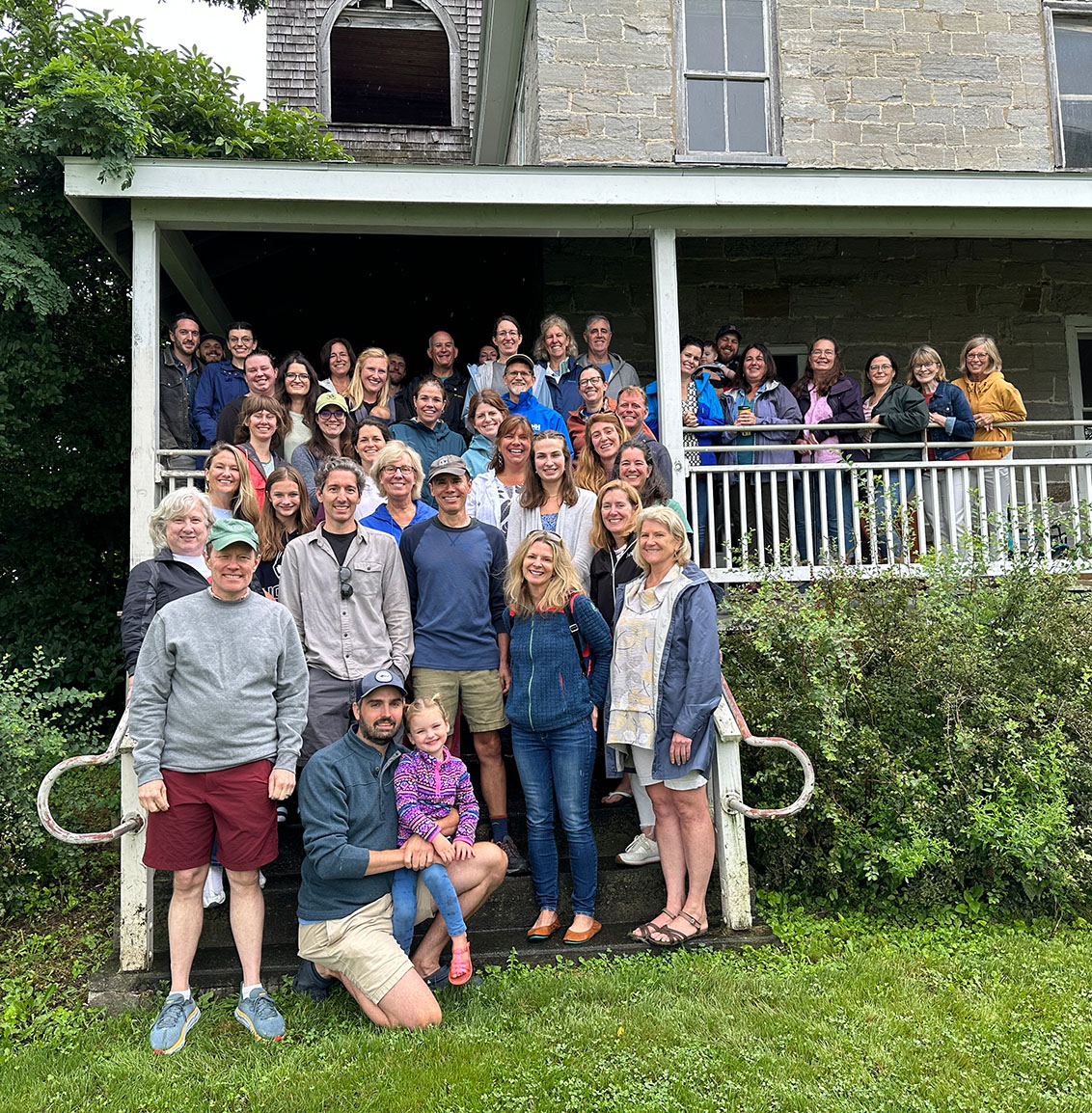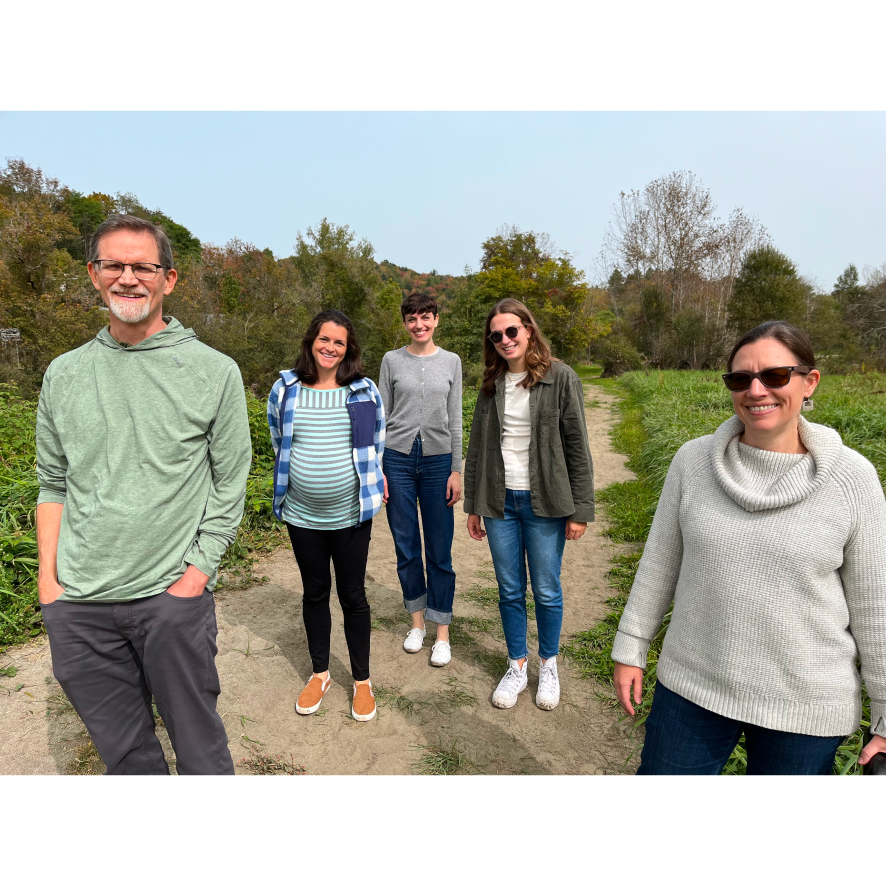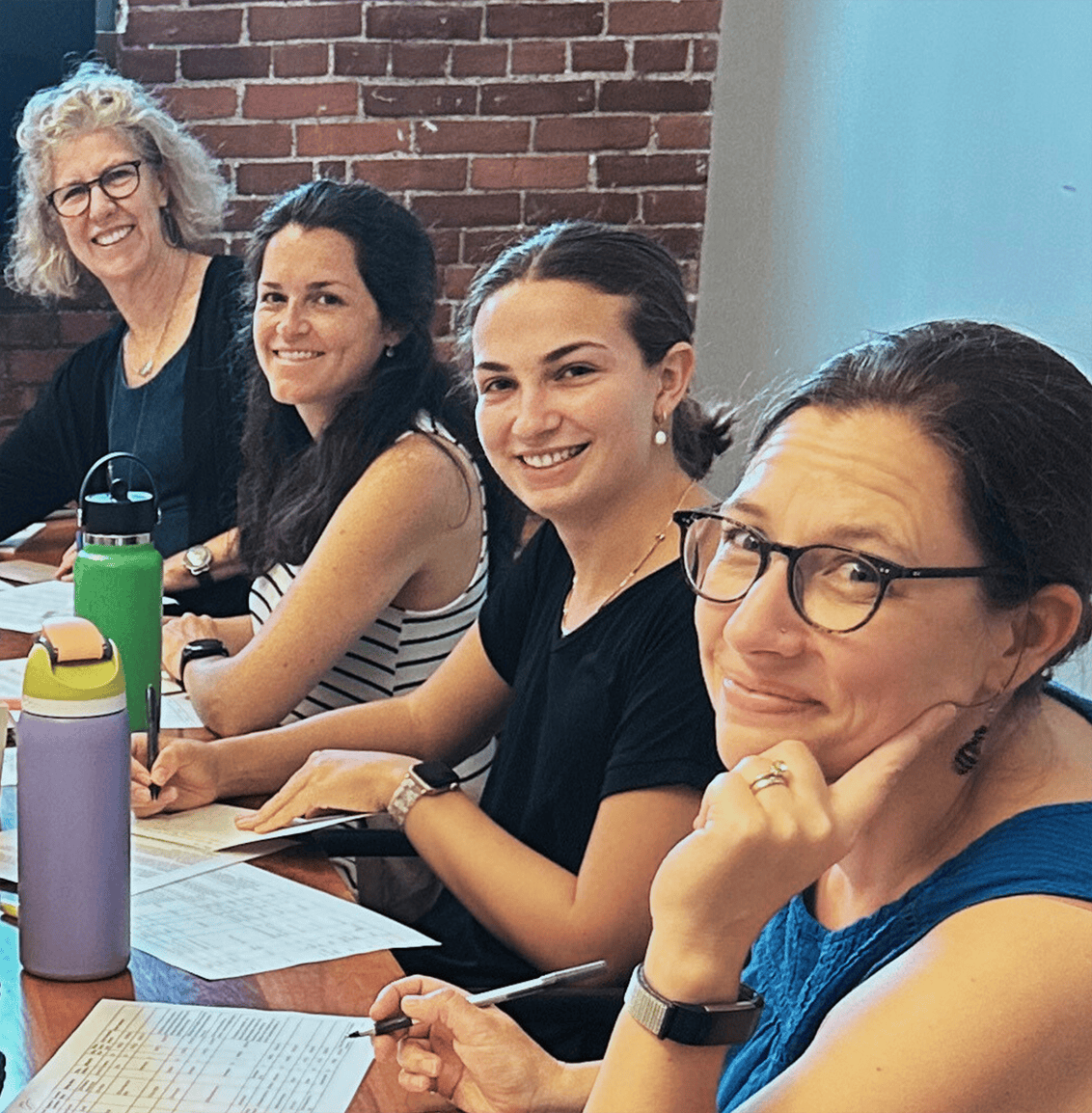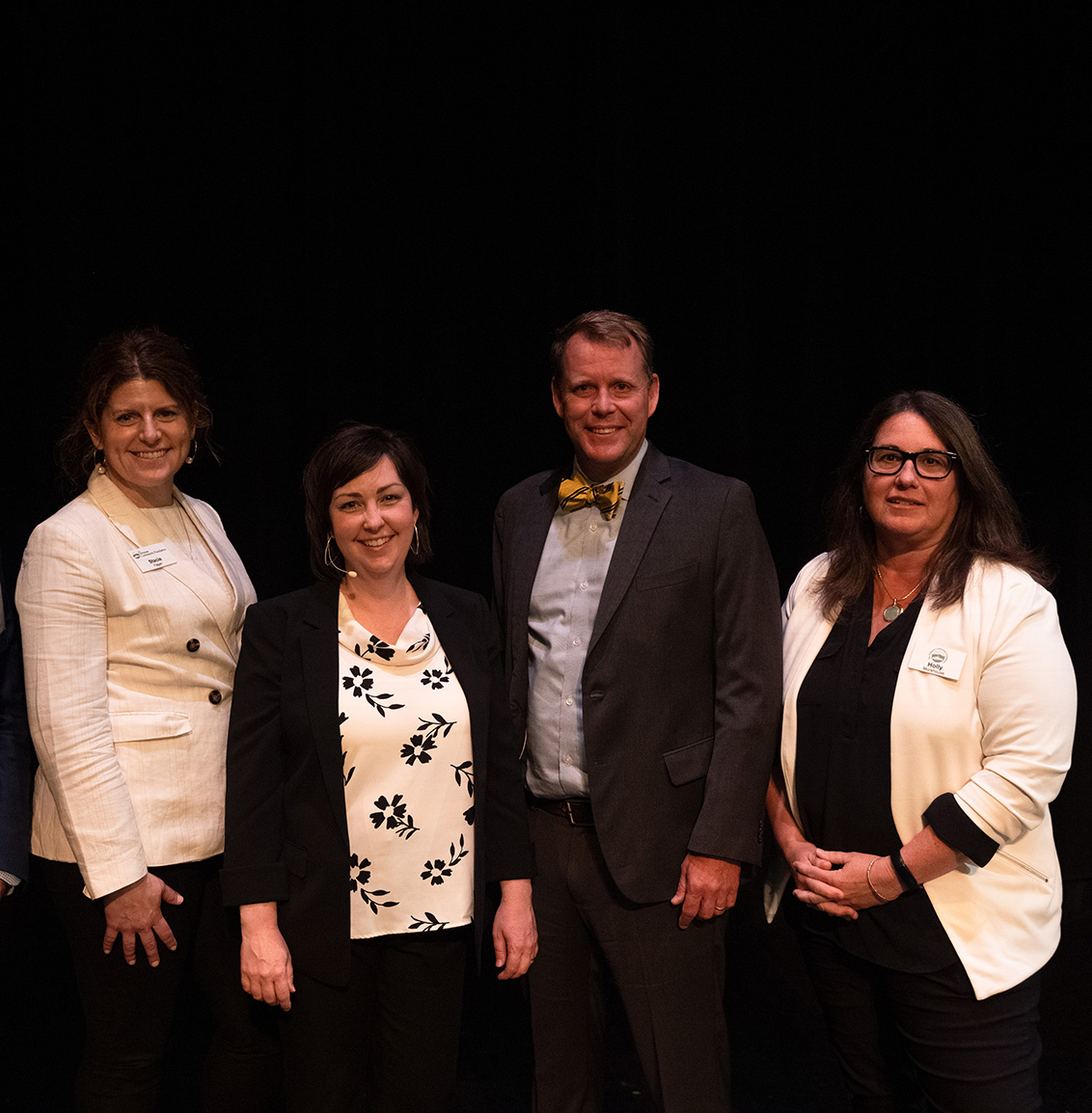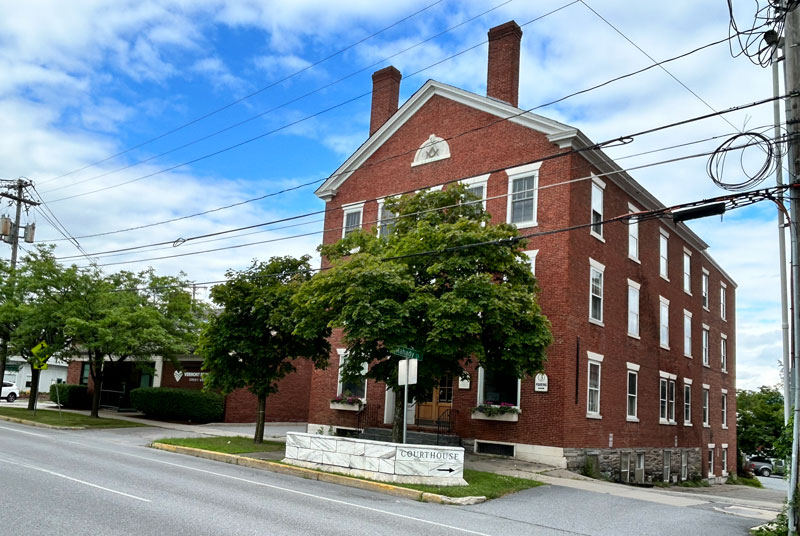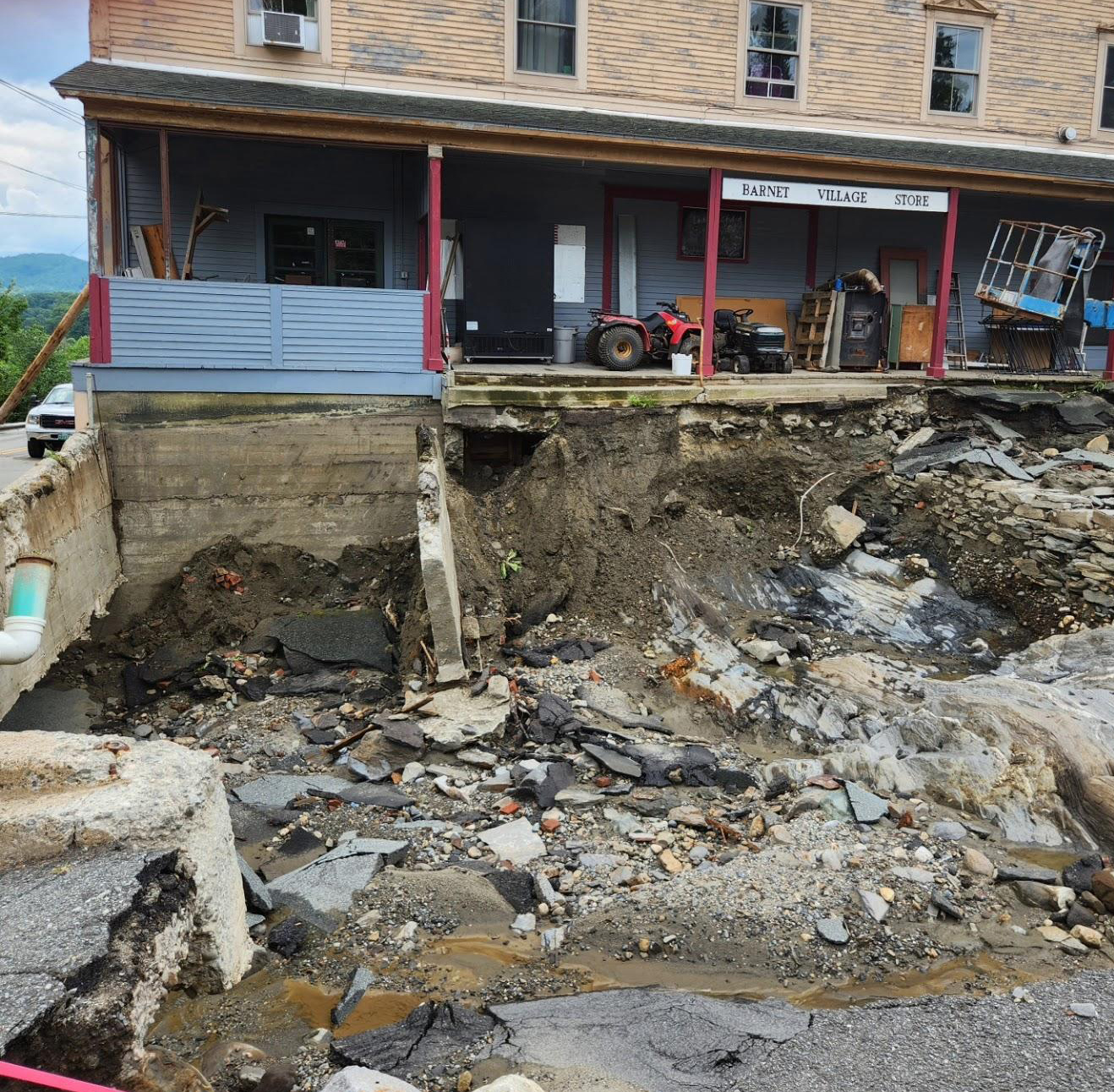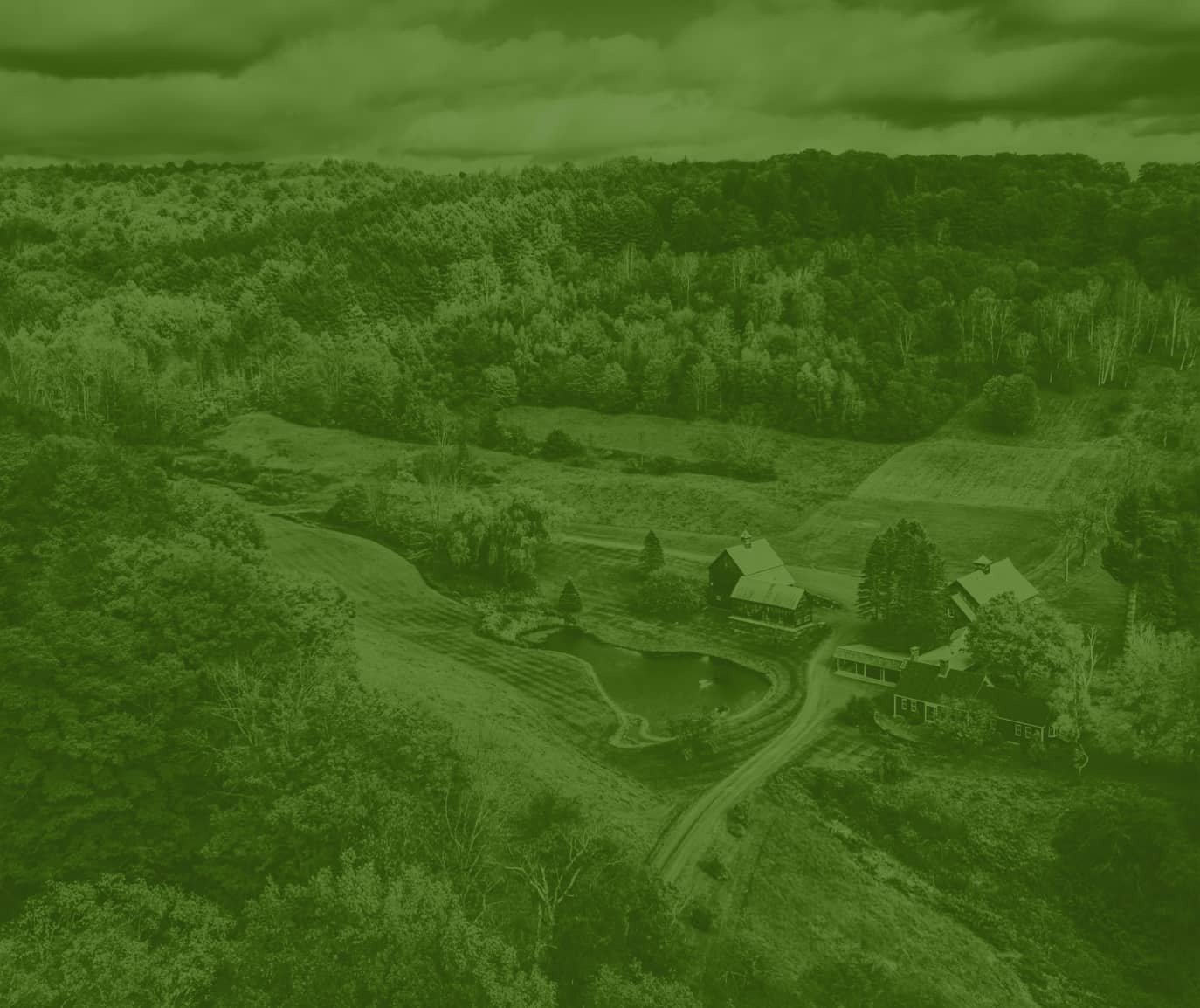Jul 17, 2024 /
Giving 101Articles
A Chat With Martha Trombley-Oakes, Director of Philanthropy
Apr 5, 2024 /
Education & TrainingWebinars & Videos
Leave No Talent on the Table: Solving for the Gender Gap in Education
Jun 20, 2023 /
Health & WellbeingVermont Based GivingBriefs
Living Long and Living Well: Support for Older Vermonters
Jun 6, 2023 /
Climate & The EnvironmentArticles
Vermont Land Conservation: Getting It Right
May 24, 2023 /
Climate & The EnvironmentVermont Based GivingArticlesWebinars & Videos
Lane Change: Green Transportation Ahead
Mar 21, 2023 /
Health & WellbeingVermont Based GivingBriefs
The Art of Listening: How Peer Coaching Can Help People Recover from Addiction and Mental Health Struggles
Feb 14, 2023 /
Climate & The EnvironmentVermont Based GivingBriefs
Warming Winters and the Economy: How Charitable Giving Can Help Vermont Adapt
Jan 24, 2023 /
Climate & The EnvironmentVermont Based GivingBriefs
Too Much Trash: How Charitable Giving Can Help Vermonters Generate Less Waste
Dec 6, 2022 /
Economic EquityEducation & TrainingArticles
Stuck on the Sidelines: How Philanthropy Can Reduce the College Gender Gap
